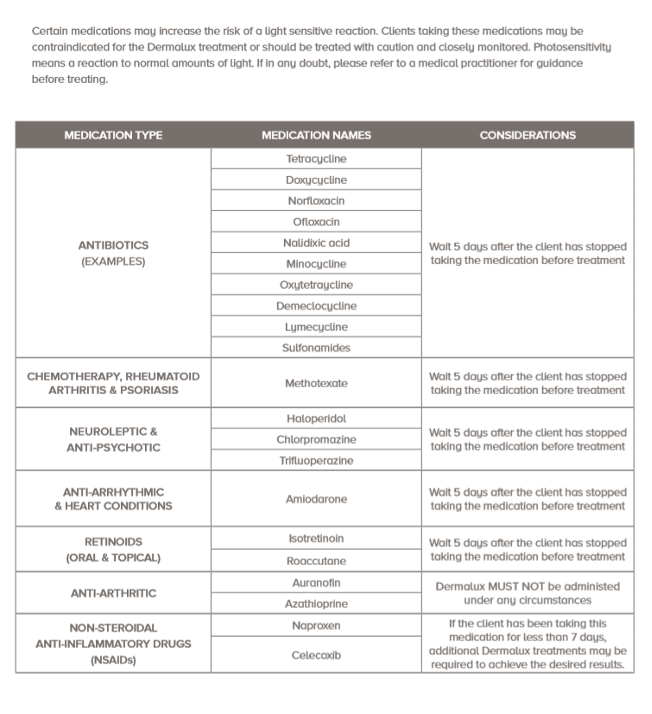- Beauty Treatments
- Spa Treatments
- Advanced Treatments
- Laser Hair Removal
- Skin Consultation & Analysis
- Injectables & Doctor Led Treatments
- Medik8 Facials
- Medik8 Skin Peels
- Hydrafacial
- Deluxe Dermaplaning Facial
- Radio Frequency Facial
- SkinPen Microneedling
- Radiofrequency Microneedling
- CellStory Liquid Microneedling
- HIFU
- IPL Skin Treatments
- CooLifting
- CryoPen Skin Tag and Blemish Removal
- Dermalux LED Light Therapy
- What’s your skin concern?
- About
- Contact
- Gift Vouchers
- Beauty Treatments
- Spa Treatments
- Advanced Treatments
- Laser Hair Removal
- Skin Consultation & Analysis
- Injectables & Doctor Led Treatments
- Medik8 Facials
- Medik8 Skin Peels
- Hydrafacial
- Deluxe Dermaplaning Facial
- Radio Frequency Facial
- SkinPen Microneedling
- Radiofrequency Microneedling
- CellStory Liquid Microneedling
- HIFU
- IPL Skin Treatments
- CooLifting
- CryoPen Skin Tag and Blemish Removal
- Dermalux LED Light Therapy
- What’s your skin concern?
- About
- Contact
- Gift Vouchers
